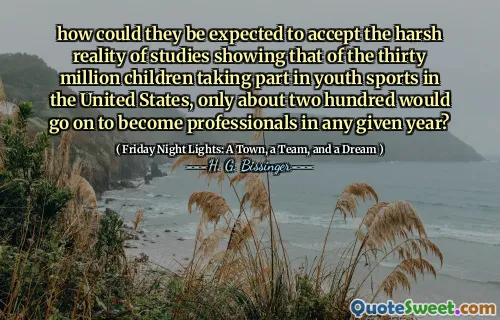Government was rarely more than a choice between the disastrous and the unpalatable.
In "The March of Folly: From Troy to Vietnam," Barbara W. Tuchman illustrates the idea that governments often find themselves in a position where their options for action are limited to unfavorable choices. This perspective suggests that decision-making in political contexts can frequently lead to outcomes that are less than ideal, leaving leaders with the burdensome task of choosing between alternatives that may both have significant drawbacks.
Tuchman's assertion reflects on the complexity and challenges inherent in governance, where the most viable actions available to leaders can fall short of what is necessary or beneficial. It highlights the inherent conflict in political decision-making, often leaving officials to navigate a landscape filled with difficult, sometimes detrimental, choices.


